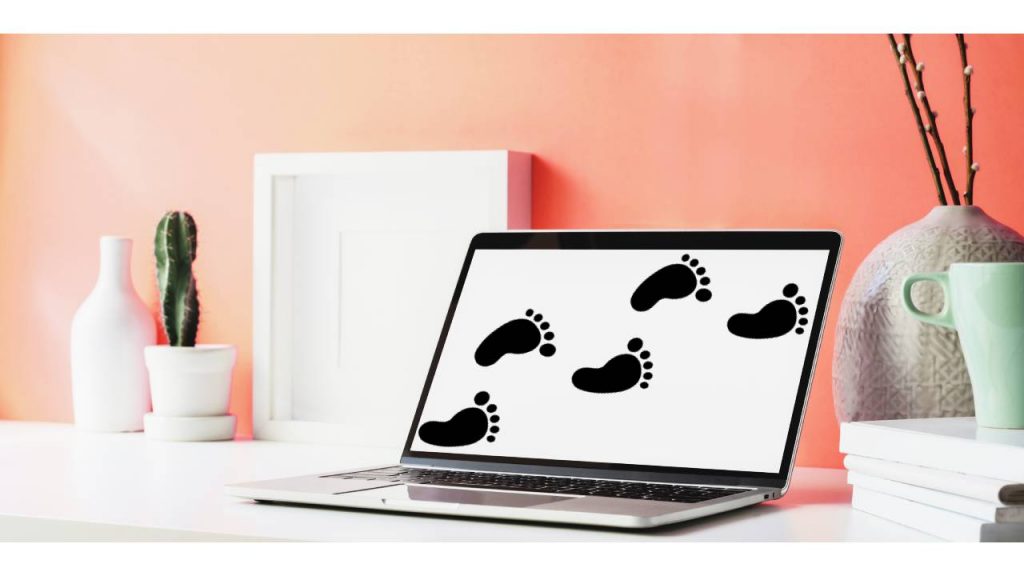Imagine if anyone anywhere could know what you’ve said in any conversation for the past ten years – creepy, huh? Well, online, they can. Even with the most rigorous privacy settings applied to your accounts, nothing online is really ever private.
As we live more and more digitally, our online lives are becoming an extension of our offline lives. All it takes is someone to search your name in Google for them to be given a buffet of your posts, comments made on others’ posts, pictures from Facebook in 2010 and that old blog post you wrote and forgot about and oh, that doesn’t look too good these days.
Everything we put online gets left behind, and is thus called a ‘digital footprint’. It’s important to make sure that your digital footprint is the same as one you’d want to leave on the beach; clean and with no trash.
Our online behaviour is catalogued and documented for years, and we shouldn’t do or say anything online that we wouldn’t feel comfortable with in ‘real’ life, off of the internet. The most important thing to remember with all your online interactions is to be kind with everything you do and say, but here are some other pointers to remember when you’re posting:

- A punchline doesn’t have to be a person. You can be funny without being mean; make sure your jokes punch up and not down.
- If you’re tackling a controversial subject, it’s wise to have someone else read over your posts before they go live.
- Review ALL your content every few months There may well be some old content of yours or photographs that you’re tagged in that aren’t appropriate today, or aren’t how you’d like to be perceived now. It’s likely that you’ve had social media accounts since you were a lot younger and less educated or socially responsible as you are now.
** If you do find content like this you can remove it, make it super private and remove your tags. If you discover content that you now realise may have been hurtful to others you can always reach out to them privately and personally and apologise while listening to what they have to say.
- Use your SEO skills to ensure that your positive, professional content appears high on search engine results pages.
- Remember that profile pictures matter, even if your content or account is private. If an employer is weighing up the final two candidates for a job and one has a social media profile picture of them doing something inappropriate, the employer will be cautious and give the job to the other candidate.
- Keep your personal details personal. Be careful to never post content that shows your address, phone number, or any personal details. Do not make big public posts about where you currently are at the exact moment, or flaunt the fact that you’re away and there’s nobody at home. There are some dodgy people online; don’t give them anything that could lead them to you in real life.
You can’t ever really get to know someone from Googling them, but you certainly can jump to conclusions or make snap judgements (yes it’s not nice, but we’re all quick to do it even if we try to stop ourselves and talk ourselves out of it afterwards). Search your own name and blog name and judge the results that come up; do you like this person? If you didn’t know them, what would you think about them? Ensure you’re channelling the positive, kind person you are in all your posts and remember that everything is visible somehow.
If you have any tips or advice around auditing your content, knowing your digital footprint and keeping yourself safe, share them with the InChief community. The more knowledge we have, the better.






